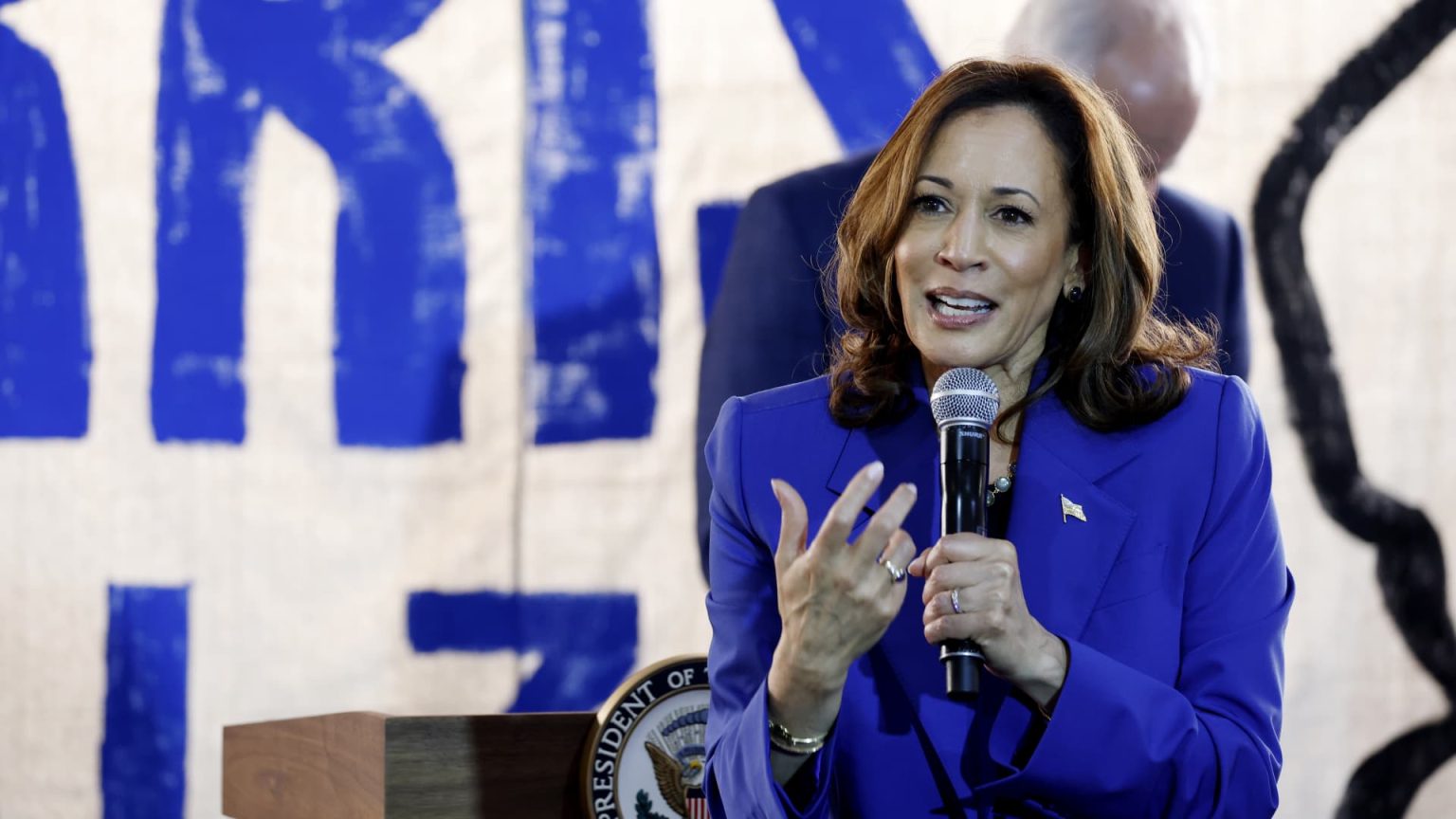Vice President Kamala Harris is proposing to raise the corporate tax rate to 28% in order to finance expensive plans she wants to pursue as president. Her campaign spokesperson, James Singer, stated that this move would be a fiscally responsible way to put money back into the pockets of working people and ensure that billionaires and big corporations pay their fair share. This policy change could raise hundreds of billions of dollars over the next decade, according to the Congressional Budget Office, and would reverse part of former President Donald Trump’s signature legislation that lowered the corporate tax rate from 35% to 21%.
Harris is focused on creating an opportunity economy for the middle class that promotes economic security, stability, and dignity. This proposal is part of her larger vision to expand the child tax credit, ease the cost of housing and medical debt, and other costly ideas. While the exact cost of these proposals has not been provided by Harris, the 28% corporate tax rate aligns with President Joe Biden’s most recent budget proposal. If enacted, this policy change will likely face opposition from Republicans, who have historically been against raising corporate taxes.
In her failed 2020 presidential campaign, Harris had proposed fully repealing Trump’s tax cuts, which would have returned the corporate tax rate to 35%. The more moderate stance of a 28% rate reflects her alignment with Biden’s current agenda. With potential pushback from Republicans, it may be necessary for Democrats to control both the House and Senate in order to pass this measure. However, Harris may have some leverage over GOP negotiations on tax policy, as many parts of the Trump tax cuts are set to expire at the end of 2025.
Trump has recently stated that he would cut taxes even further if elected president, including for businesses. He predicts that Democrats will face pressure to renew his expiring tax cuts next year, and warns that failing to do so could have negative effects on the economy. Singer has criticized Trump’s plans for an “extreme Project 2025 agenda” that would increase taxes on the middle class and drive up the deficit, particularly pointing to proposed tariffs of up to 20%.
As Harris continues to flesh out her governing vision, including how to pay for ambitious proposals, such as the 28% corporate tax rate, the debate over tax policy is likely to intensify. The potential impact of this policy change on working people, big corporations, and the overall economy will play a significant role in shaping the future direction of economic policy. Harris’s focus on creating opportunities for the middle class and promoting economic security indicates a shift towards more progressive tax policies, which may face challenges in a divided Congress.


